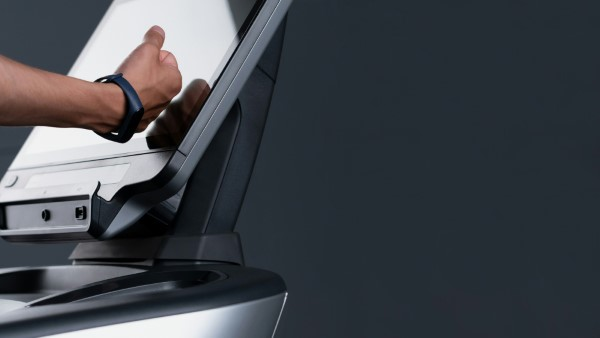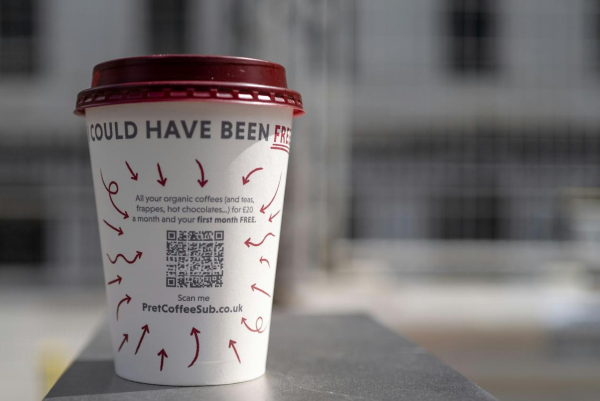RFID vs QR Code: A Quick Comparison
Both RFID (Radio Frequency Identification) and QR Codes are powerful technologies that help businesses store, track, and share data.
They are used in various industries like retail, logistics, and marketing. But which one is right for your business? Let's break down the differences.

How RFID and QR Codes Work
QR Codes
QR codes are two-dimensional barcodes made up of black and white squares that store data. You can scan them with a smartphone or QR code reader. They are cost-effective and easy to create, making them ideal for applications like:
● Mobile Payments
● Marketing & Promotions
● Product Information
RFID
RFID is a wireless technology that uses radio frequency signals to communicate between tags and readers. RFID tags can store more data and don't require a line of sight to be scanned, making it useful for applications such as:
● Inventory Management
● Supply Chain Tracking
● Asset Management
Key Differences Between RFID and QR Codes
Feature | QR Code | RFID |
Cost | Low cost, easy to generate | Higher cost (tags, readers) |
Data Capacity | Limited (text, links, contact info) | High capacity (multiple data types) |
Scan Distance | Short-range (within a few inches) | Long-range (several meters) |
Environment | Requires line of sight | No line of sight needed |
Use Cases of RFID and QR Codes
QR Code Applications
● Retail: Easily track product info and promotions.
● Restaurants: Customers scan a QR code to view menus, place orders, and pay.
● Events: Register and check-in through QR codes for faster access.

RFID Applications
● Logistics & Warehousing: RFID tags track inventory and shipments in real-time.
● Retail: Ensure stock levels are accurate and prevent theft.
● Supply Chain: Track products from manufacture to delivery.
Which Technology Should You Choose?
It depends on your needs:
Choose QR Codes if:
You need a cost-effective solution
You're focused on mobile payments or marketing
You need quick, easy information sharing (e.g., on product packaging)
Choose RFID if:
You require long-range scanning for large-scale tracking
You need automation in inventory management
Your business involves high-volume logistics or supply chain management
Conclusion
Both RFID and QR codes have distinct advantages. QR codes are perfect for simple, low-cost applications, while RFID excels in environments requiring automated, large-scale tracking.
Understanding your business needs will help you decide which technology will drive efficiency and improve your processes.
Need a QR Code Generator?
Create your own QR codes today with our free QR code generator. Fast, easy, and effective for all your business needs.




